A boater’s log book isn’t just for ocean crossings or licensed captains. Whether you’re day cruising, navigating the ICW, or prepping for extended voyages, a detailed logbook can save you time, money, and stress.
A good logbook keeps your boat’s critical information in one place—making it easier to troubleshoot issues, plan maintenance, recall past trips, and even impress potential buyers when it’s time to sell.
Let’s break down what to log and how to make it work for your boating style.
What Goes in a Logbook for Boats
Watch Log: This is the captain’s logbook in action—tracking your position, weather, boat speed, engine hours, and more. On longer trips, fill it out hourly. On shorter outings, jot down key info at departure and arrival. This keeps you in tune with your systems and can catch small issues before they become expensive ones.
Cruising Log: Use this section to record anchorages, marinas, restaurants, and notes about each stop. It’s your memory bank and your future guidebook. Want to remember where you found the best mechanic or dockside happy hour? Write it down.
Inventory Log: This log tracks your spare parts and maintenance supplies. Keeping a current list of what’s on board—along with notes on where items are stored—prevents frustration when searching for parts. It’s especially useful for preparing for longer trips, helping you see if you need to restock essential items.
Fluids and Fills Log: Managing fuel, water, oil, and pump-outs is essential. Record when you fill up with fuel, top off water, or pump out the holding tank. Keeping receipts for pump-outs ensures proof in regulated areas. A fluids log helps prevent overfilling or underestimating usage.
Maintenance, Repairs, and Upgrades Log: One of the most important logs, this tracks all maintenance and repairs, from oil changes to engine work. Note the dates, details, and who did the work. This log will help you track recurring issues, manage future upgrades, and even estimate the service life of components.
Personal Experience: From Chaos to Organization
I’ll admit: our first log system was a mess. We started with a single notebook and jotted things down as we thought of them—fuel here, wind speed there, a marina name scrawled in the margins. Later, we tried spreadsheets and binders. Eventually, we built a better system by breaking the info into clear categories.
That’s the foundation of The Boat Galley Ship’s Log—five logbooks in one, each with structured pages and helpful prompts.
👉 Check out the Ship’s Log here
Choosing the Right Logbook
ot all captain’s logbooks are created equal. Here’s what to look for:
Organized Sections – A good logbook separates key data: maintenance, cruising, inventory, fluids, and watch entries. That way, you can find what you need—fast.
Plenty of Writing Space – You need room to write legibly, even underway. Tiny spaces = skipped entries.
Durability – Your log will live in the cockpit, the nav station, or both. Make sure it’s sturdy enough to last a season—or several.
Of course, I think that our logbook best fits the bill perfectly but check it out for yourself in either our store or on Amazon.
The Bottom Line: Write It Down!
A boater’s log book isn’t just paperwork—it’s your running history, troubleshooting tool, planning aid, and memory keeper. If you’re serious about boat ownership or cruising, a good logbook will quickly become one of your most-used tools.
And if you’re looking for the perfect boat gift? This is one they’ll actually use.
🛥️ Grab The Boat Galley Ship’s Log now

Carolyn Shearlock has lived aboard full-time for 17 years, splitting her time between a Tayana 37 monohull and a Gemini 105 catamaran. She’s cruised over 14,000 miles, from Pacific Mexico and Central America to Florida and the Bahamas, gaining firsthand experience with the joys and challenges of life on the water.
Through The Boat Galley, Carolyn has helped thousands of people explore, prepare for, and enjoy life afloat. She shares her expertise as an instructor at Cruisers University, in leading boating publications, and through her bestselling book, The Boat Galley Cookbook. She is passionate about helping others embark on their liveaboard journey—making life on the water simpler, safer, and more enjoyable.
Here’s your “Quick Start” to everything you need to know when living on a boat:


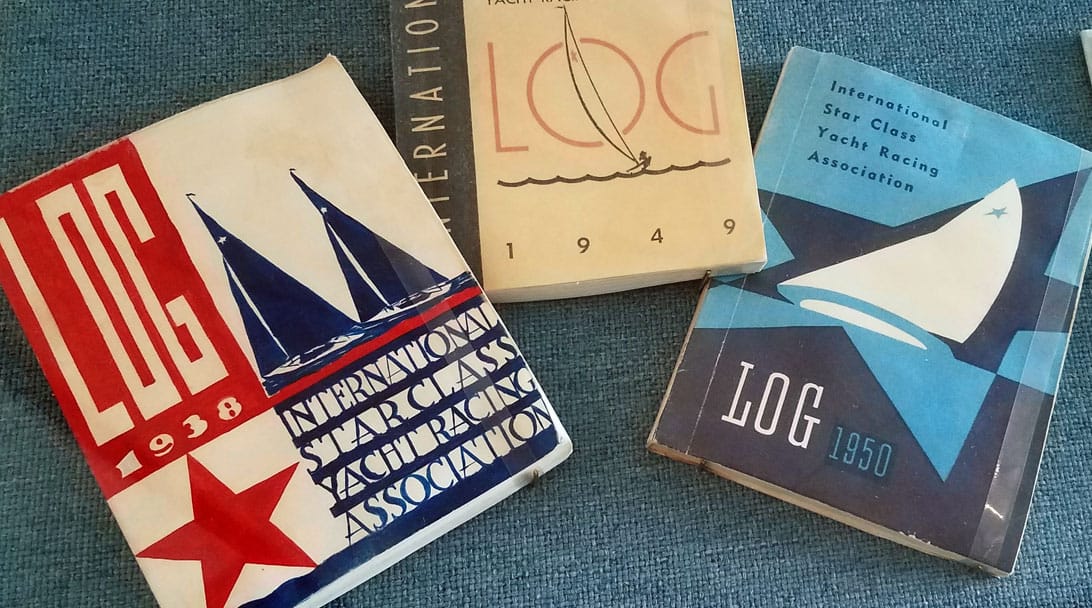

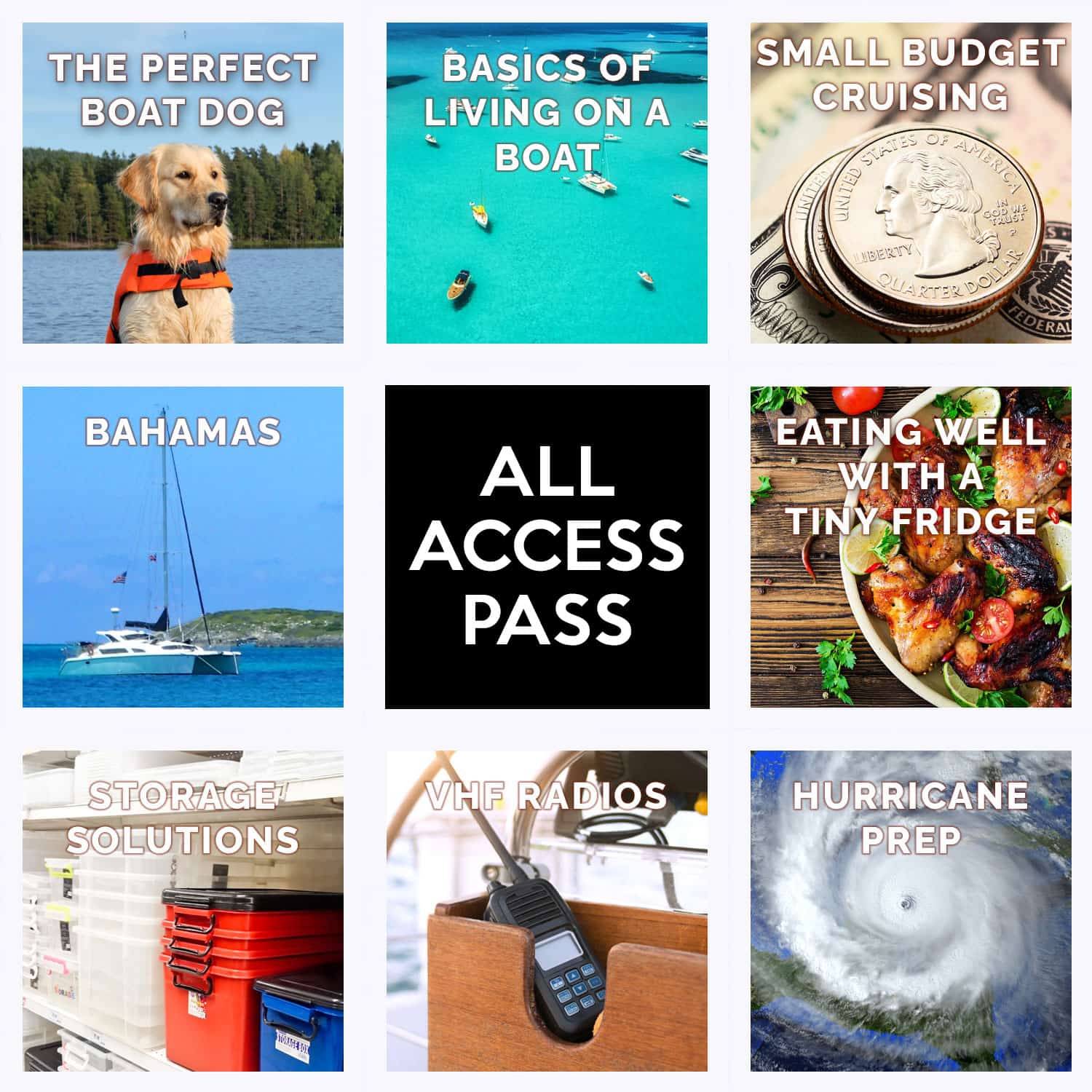


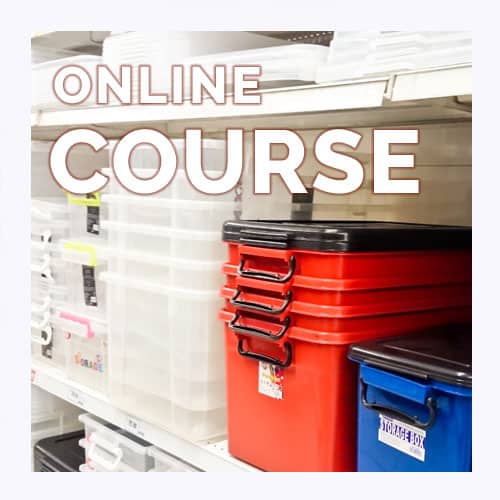

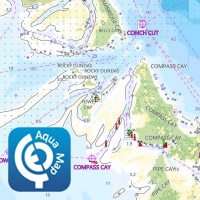
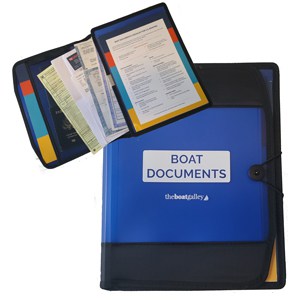
Leave a Reply